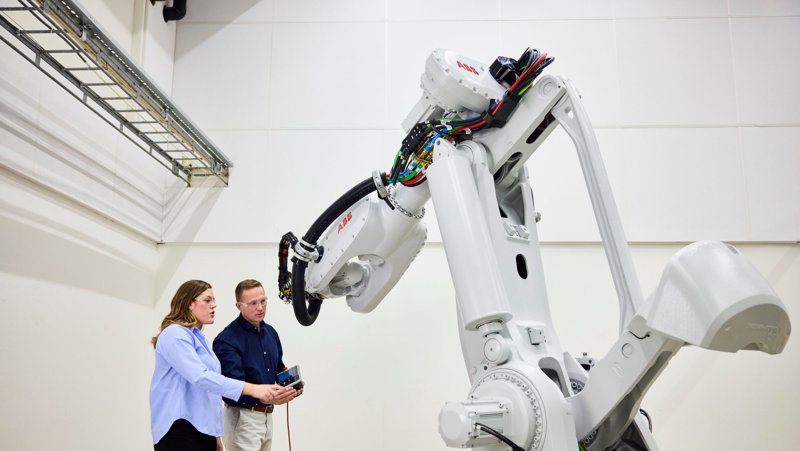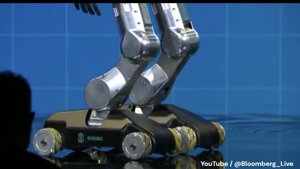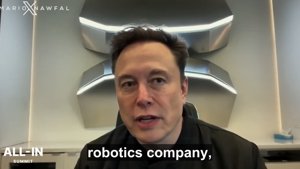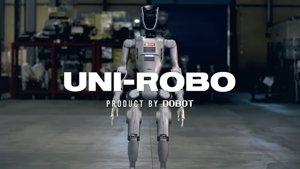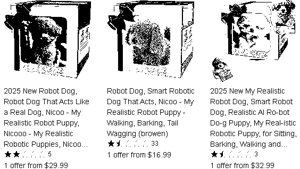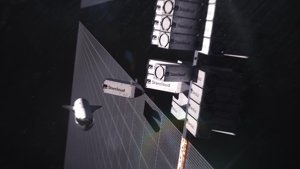In the grand, cacophonous casino of global technology, another massive stack of chips has just been slid across the table. SoftBank Group, a company whose investment strategy sometimes resembles a high-tech Rorschach test, has announced its definitive agreement to acquire ABB Ltd’s entire robotics business for a cool $5.375 billion. This isn’t just another Tuesday transaction; it’s a seismic event in the automation world, signaling that the era of polite competition is over. The robotics hunger games are well and truly underway, and the biggest players are consolidating their power for the next phase of industrial evolution.
The deal, expected to close in mid-to-late 2026 pending the usual regulatory rubber-stamping, will see one of the world’s most established industrial robotics giants absorbed into Masayoshi Son’s sprawling tech empire. For its money, SoftBank gets ABB’s formidable portfolio of industrial arms, mobile robots, and a deep well of automation software and AI-enabled machine vision technology. It’s a bold pivot for ABB, which had previously announced plans to spin off the division. Instead, they’ve opted for a clean cash exit, handing the keys to a kingdom of articulated arms to a new ruler.
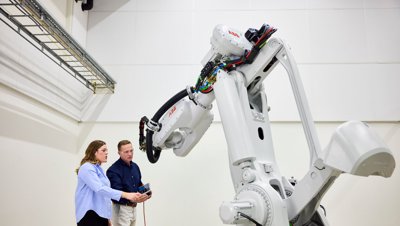
A Familiar Pattern of Conquest
If this move feels familiar, it’s because we’ve seen this episode before. The robotics industry has become a high-stakes M&A playground where legacy titans and ambitious newcomers alike are snapped up to serve a larger strategic purpose. This is less about buying products and more about acquiring entire ecosystems of technology, talent, and market access.
Consider the recent history of robotic consolidation:
The KUKA Affair: In 2016, Chinese appliance behemoth Midea Group launched a multi-billion euro takeover of German robotics icon KUKA, a move that sent ripples of economic anxiety through Europe. The deal was a clear signal that the automation arms race was global, with Chinese firms aggressively moving to secure key technology. Midea eventually took the company private, integrating KUKA’s industrial prowess into its own vast manufacturing operations.
Tesla’s Vertical Ambition: The same year, Tesla acquired German manufacturing specialist Grohmann Engineering, renaming it Tesla Grohmann Automation. This wasn’t about selling robots to others; it was about owning “the machine that builds the machine.” Elon Musk’s stated goal was to accelerate production by bringing critical automation expertise in-house, a classic vertical integration play to control every aspect of manufacturing. The deal, valued at around $135 million, was a relatively small price to pay for control over its production destiny.
The Boston Dynamics Shuffle: Perhaps no company better illustrates the strategic value of high-end robotics than Boston Dynamics. The firm’s journey from an MIT spin-off to a viral video sensation saw it acquired by Google in 2013, only to be sold to SoftBank in 2017. SoftBank then sold a controlling 80% stake to Hyundai Motor Group in a deal that valued the company at $1.1 billion in 2020. Each owner had a different vision, from moonshot research project to a key component of a future mobility and logistics empire.
The Endgame is Control
SoftBank’s acquisition of ABB Robotics fits perfectly into this narrative. Masayoshi Son has dubbed the company’s next frontier “Physical AI,” a push to merge advanced artificial intelligence with physical machinery. By adding ABB’s industrial might to its portfolio—which includes stakes in warehouse automation firm AutoStore and past ownership of Boston Dynamics—SoftBank is assembling the hardware backbone for this vision. It’s a long-term bet that the future of economic power lies not just in software, but in the intelligent machines that interact with the physical world.
This relentless consolidation is driven by a simple truth: automation is no longer a niche technology for automotive assembly lines. It is the critical infrastructure for everything from e-commerce logistics and electronics manufacturing to healthcare and agriculture. The companies that own the dominant robotics platforms will wield immense influence over the global economy. They are not just selling tools; they are selling the means of production itself.
As the dust settles on this latest megadeal, the question is not if more acquisitions will happen, but who will be next. The board is set, the pieces are moving, and the remaining independent players are looking more like attractive targets than long-term competitors. In the race to build the future, it seems the giants have decided it’s better to buy than to build.
